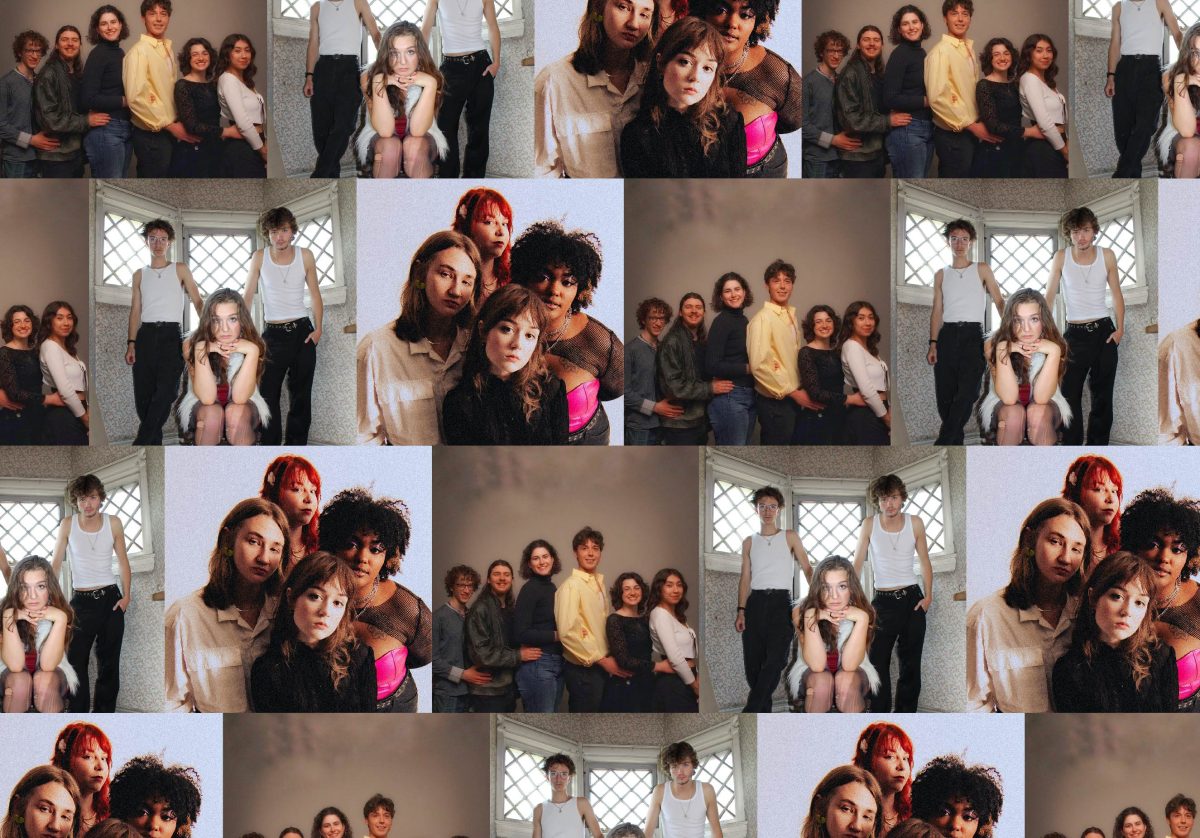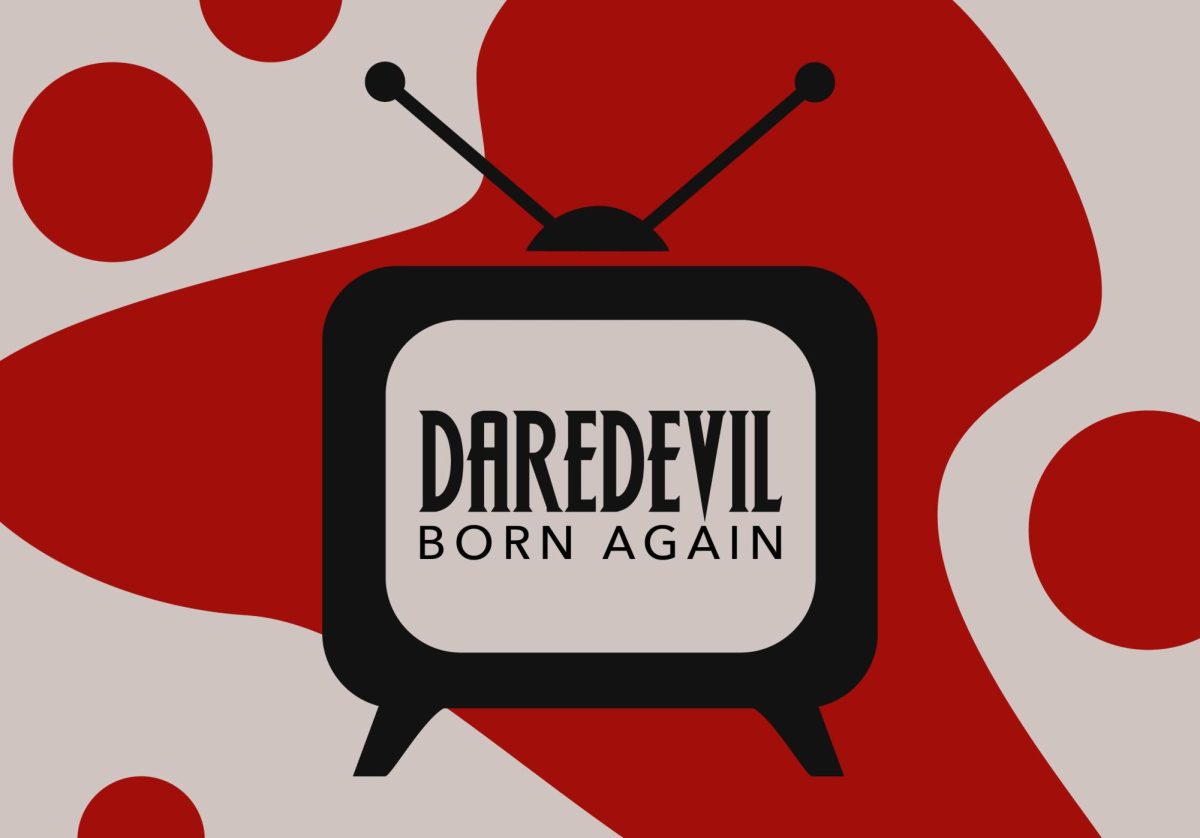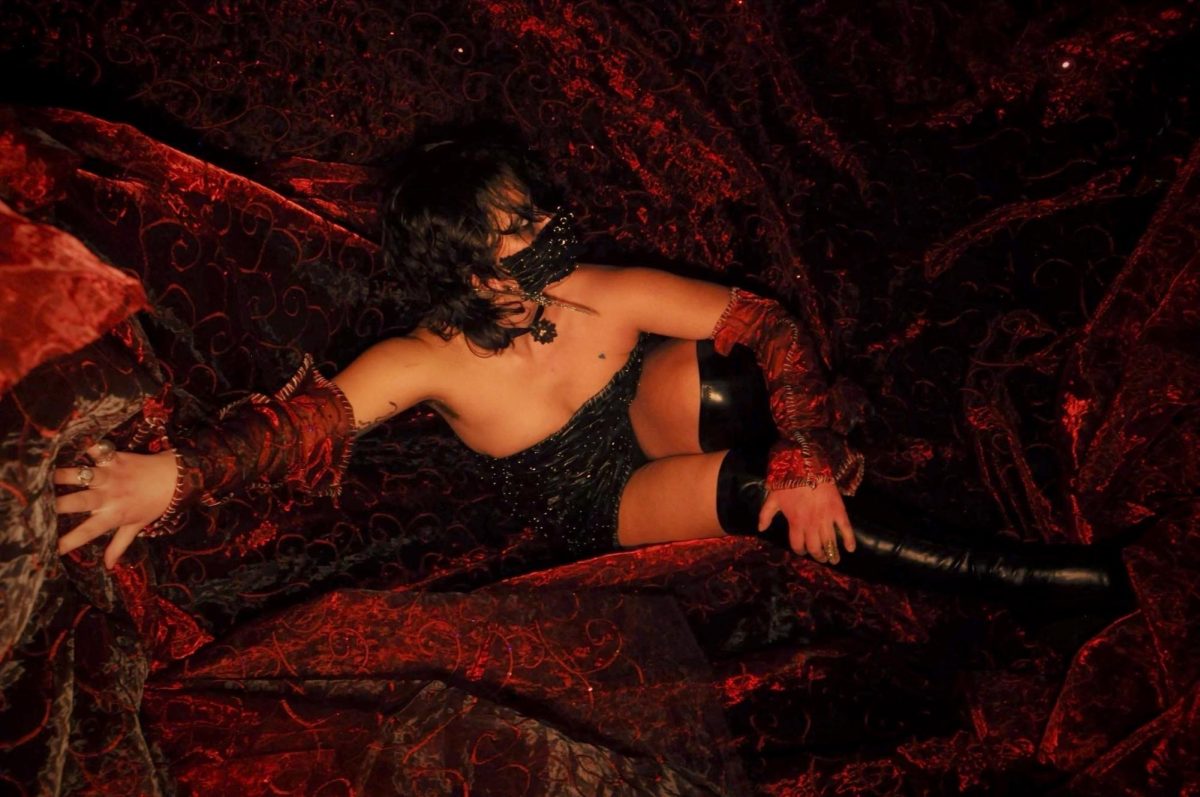The alternative rock band Paramore, fronted by the electric Hayley Williams, won the 2024 Grammy Award for Best Rock Album for their latest record “This Is Why.”
They are the first female-fronted act to ever win the category. In a statement on Instagram following the awards, the band called the feat, “Ridiculous but true!”
In their over two decades of making music, Paramore has influenced generations of musicians, especially those who do not present or identify as cisgender men. This rings true for members of non-male fronted bands in the Twin Cities, who in their creative endeavors have tackled imposter syndrome and microaggressions as well as outright misogyny.
For these musicians, Paramore being acknowledged for their success after all these years is more important than ever.
Below are three Twin Cities acts fans of Paramore should pay attention to as they continue their legacy.
Gully Boys
The four-member Twin Cities grunge-pop outfit Gully Boys have a sound that mixes Paramore’s synth-pop fifth studio album “After Laughter” and the classic emo, pop-punk sound of their breakthrough album “Riot!,” according to drummer and backing vocalist Nadi McGill. When “Riot!” came out in 2007, McGill was in middle school. They listened to the album on repeat and even burned themself a copy on CD.
“Paramore hasn’t been afraid to grow and evolve as they’ve aged,” McGill said. “It feels freeing to allow yourself to grow in this way as a musician and to see them do it so gracefully with great musicality.”
Gully Boys started in 2016 as three friends who had always wanted to be in a band but had not always had access.
They released their first collection of demos, “Not So Brave,” in 2018 and have since released two EPs and two singles, with a debut album set to come out this year.
McGill said as an interracial band of solely non-men, Gully Boys experienced misogyny when they started as well as persistent patronizing and microaggressions. McGill mentioned being lauded for their skills despite being a “lady drummer.” At another show, an audience member reached up onto the stage and adjusted their bass player’s amp.
On the other hand, McGill said they have experienced a lot of positivity in terms of diverse musicians working together to intentionally create welcoming spaces, book shows with diverse lineups at safe venues and avoid tokenization.
“In Minneapolis, you pull up the next generation and keep the doors open for them,” McGill said.
To McGill, success is not found through being famous. Instead, it is about having fun, being vulnerable, making music with their best friends and having it resonate with people.
“The best bands are the ones that didn’t break up,” McGill said. “They’re the ones who stayed together, figured it out and grew together.”
Their favorite songs that they have made with Gully Boys are “Optimist,” “See You See,” “Neopet Graveyard” and “Favorite Son.”
Bakemiller Pink
Sophia Kaufmann, bassist of Bakermiller Pink, came to Macalester College in St. Paul, Minnesota from Oakland, California with the goal of starting a band.
Bakermiller Pink is a six-piece rock band based in St. Paul with jazz, funk and punk influences, according to Kaufmann.
Paramore has greatly influenced Kaufmann, who has looked up to Hayley Williams as her role model since middle school.
“I just remember seeing Paramore in concert and I distinctly remember being like, ‘I could do that!’ I feel like as an artist you really cherish those moments of just pure inspiration,” Kaufmann said.
Kaufmann said Bakermiller Pink’s sound is closest to Paramore’s latest album, “This Is Why,” which experiments with the band’s older pop-punk sound.
Specifically, she said she appreciates the sometimes weird, yet cleverly earnest lyricism in the songs “Running Out of Time” and “C’est Comme Ça.” This has been a source of inspiration for more offbeat lyricism in Bakermiller Pink’s music.
Kaufmann said she was not surprised that it has taken this long for a non-male fronted band to win the Grammy for Best Rock Album, especially as a woman musician.
“Even now it still feels like an uphill battle against toxic masculinity in all kinds of music scenes,” Kaufmann said. “Our band isn’t even all women and I still feel like everywhere we go we have to prove we belong.”
Kaufmann pointed out specific problems, including having to look out for her personal safety at certain venues, making it hard to always trust others. At the same time, like McGill, she expressed gratitude towards the solidarity she has found within the scene.
To Kaufmann, success for Bakermiller Pink means being able to play as much music together as possible, to have the best time possible doing it and building community within the Twin Cities music scene through that.
“I just love the way live music brings people together. You never know when someone’s going to turn out to be a really close friend,” Kaufmann said.
Kaufmann’s favorite songs Bakermiller Pink has written include “Deep Sleeper” and “The Kids Are Fine,” but she said a lot of them are on their upcoming debut album “Rinse. Dry. Repeat.” which will be released this April.
Dial Tone
The Minneapolis-based stompy indie punk band Dial Tone consists of three members — all of them students at the University of Minnesota.
Dial Tone has been making music together since the fall of 2022. They have released two singles and a concept album, which pays homage to the Twin Cities acts they are inspired by, including Babes in Toyland and Hippo Campus.
Lead singer Daisy Forester said she and her bandmates, Henning Hanson and Cole Pivec, are highly intentional about creating an inclusive local music scene for other non-male fronted groups, artists and creatives.
“I am incredibly grateful for and excited by the numerous spectacular, revolutionary female/femme-fronted artists/groups active in the Twin Cities right now,” Forester wrote. “It’s encouraging and empowering to see groups like Paramore doing the same on a larger scale.”
Forester called her experience as a female musician in the Twin Cities music scene “a simultaneously rewarding and exhausting experience,” having faced consistent misogyny from all sides since she started performing at age 14.
However, she said that has made support from both male and non-male fellow musicians, friends and family so important. She hopes to serve a similar role for other non-male musicians.
At one of Dial Tone’s first shows, Forester said they played “Misery Business” and “Ain’t It Fun,” songs she remembers loving when she was younger.
She said her favorite songs by Dial Tone are “No Harm,” “No Foul,” “Ferris Bueller,” and “Ambrosia.”
As repeat Grammy winners and pioneers in alternative rock, Paramore’s legacy is undoubtedly defined by their success as a female-fronted band. For these three Twin Cities musicians and numerous others, the band showed how to gracefully navigate the obstacles that come with that legacy, all the while maintaining unique, strong musicality as well as friendships.
To young musicians, especially those who are non-male, thinking about starting a band, Forester said, in true Paramore fashion, “Don’t let anyone tell you you’re doing it wrong, or that you’re in the wrong place, or that your creativity or voice is lesser-than or unimportant. They’re wrong.”















M
Apr 11, 2024 at 10:43 am
Great article and variety of bands featured. Where can we find Bakemiller Pink’s music to stream?
Rosanna
Feb 29, 2024 at 9:55 am
Love DialTone!